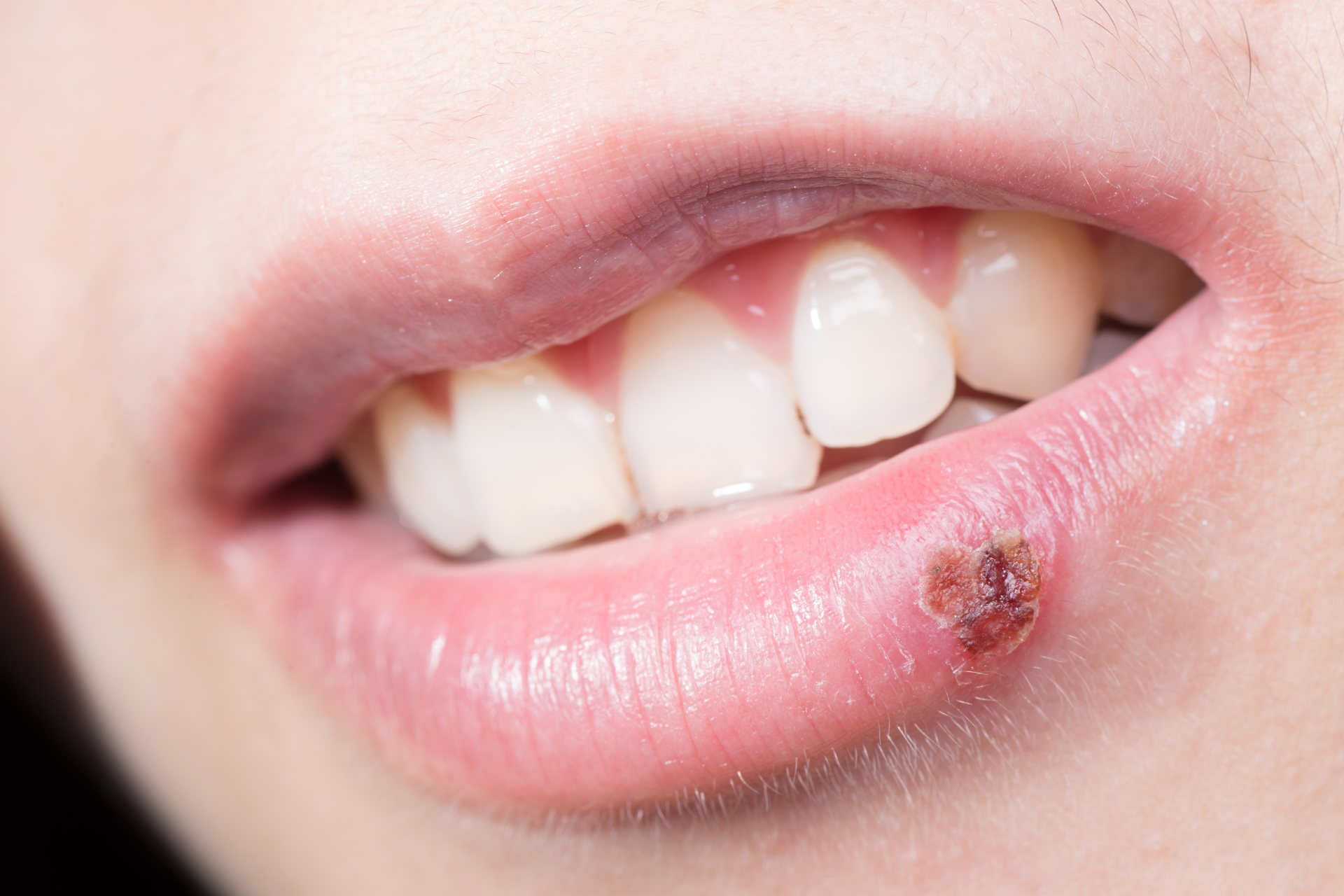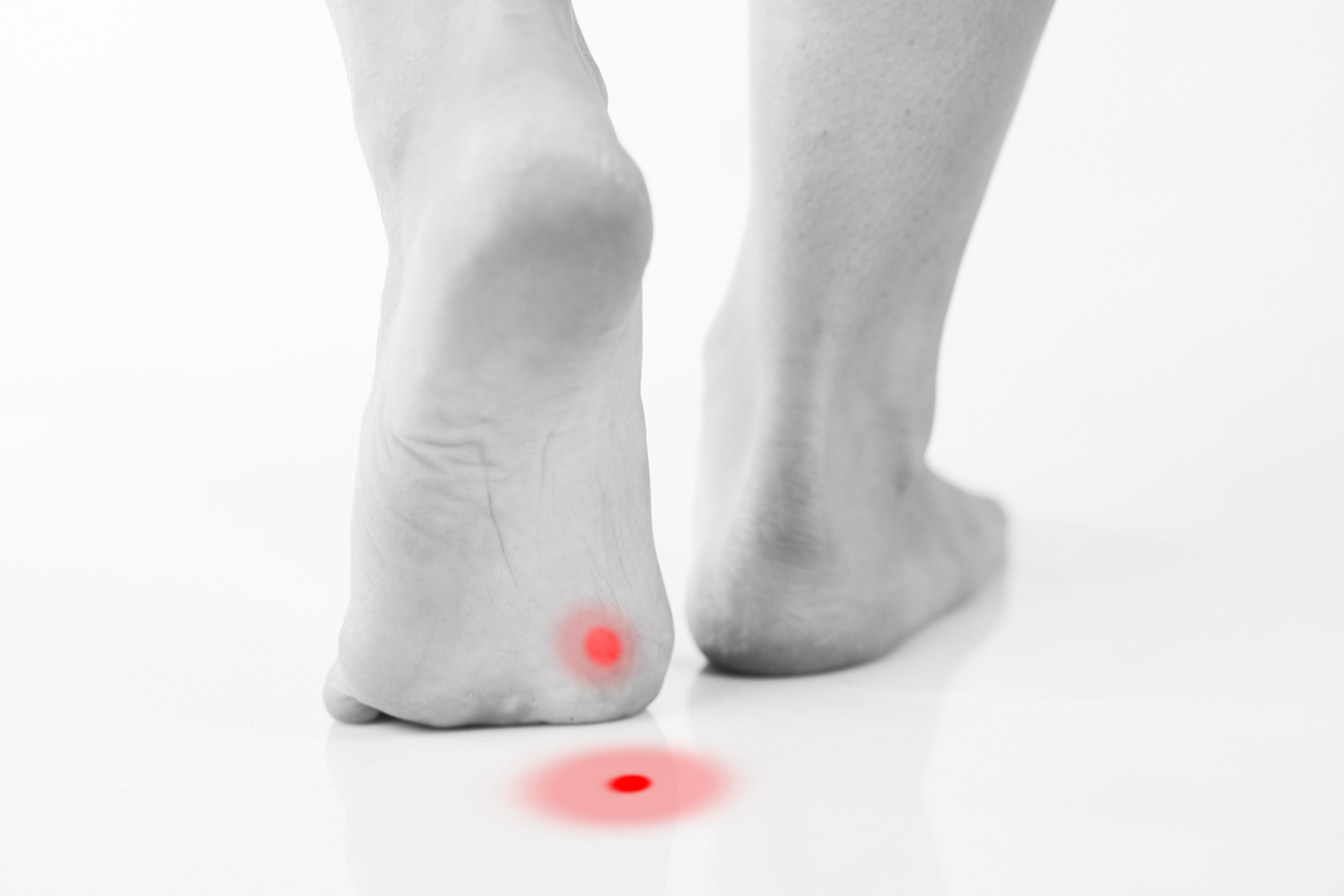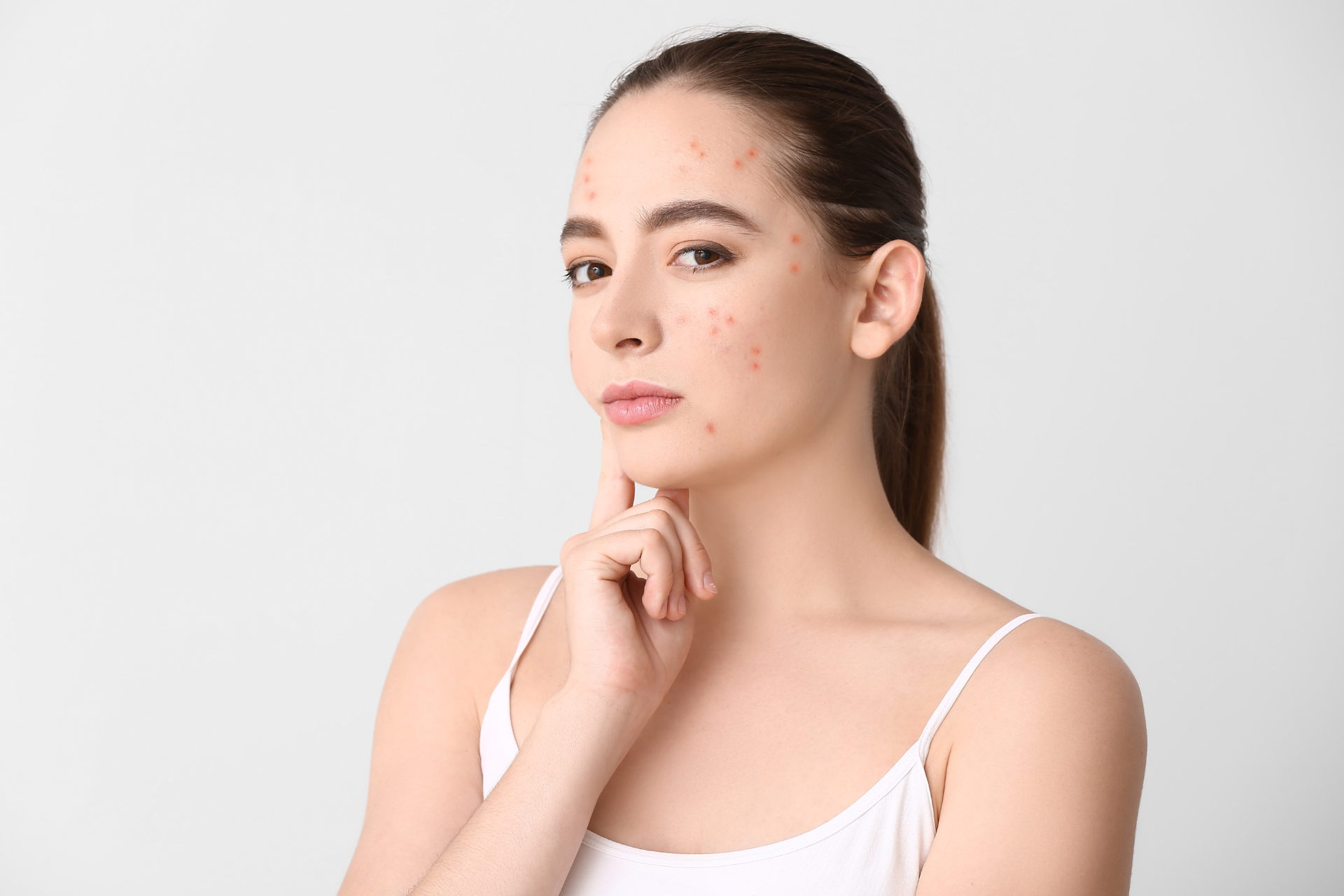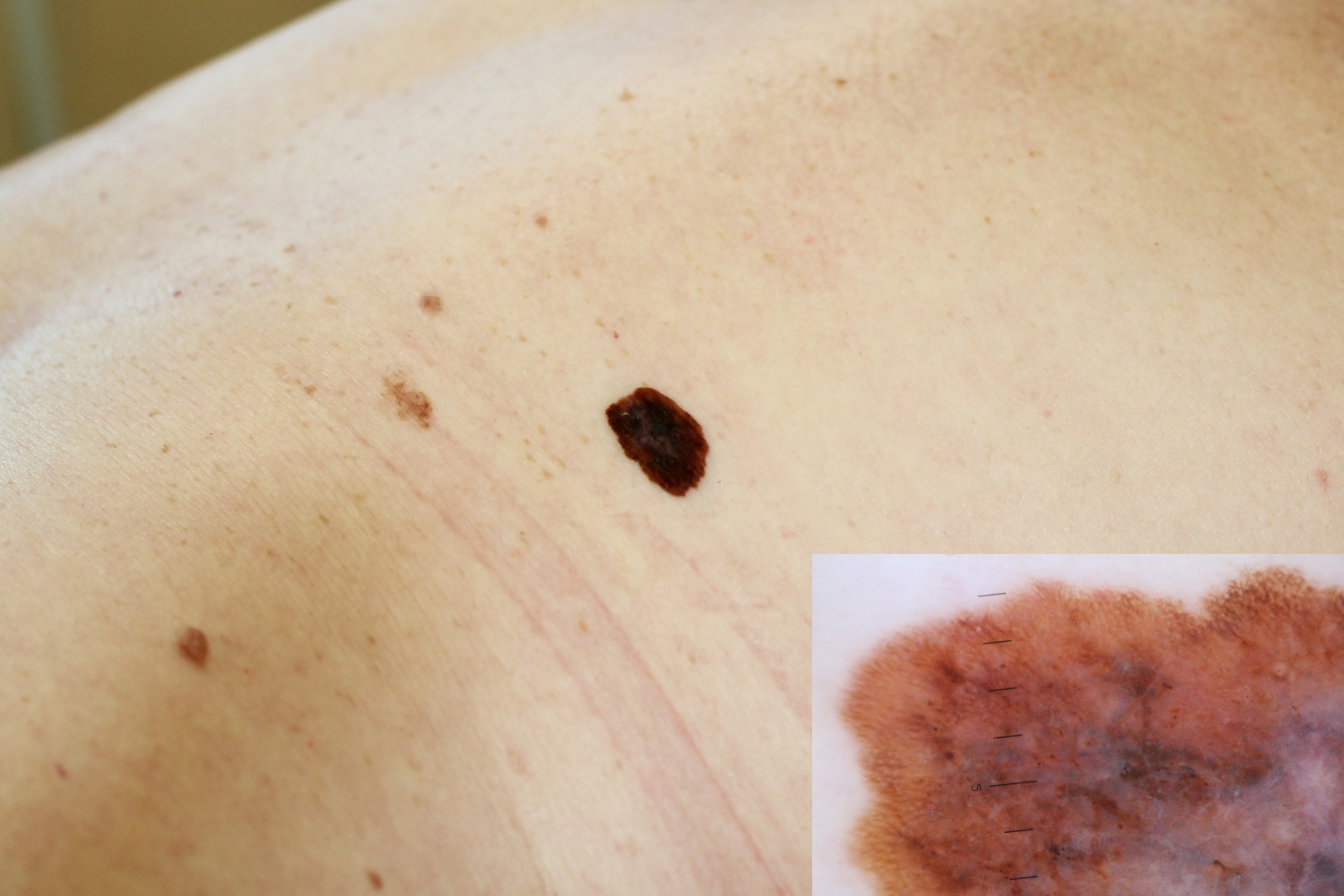How to Treat Cold Sores: Fast and Effective Methods

At Fall Creek Skin and Health Clinic, we understand the discomfort and frustration that cold sores can bring. These pesky blemishes, often caused by the herpes simplex virus, can be painful, unsightly, and challenging to heal. However, there are fast and effective methods to treat cold sores and alleviate symptoms. In this blog post, we will explore some practical tips to help you manage and treat cold sores effectively.
1. Identify the Symptoms
Before diving into treatment methods, it's essential to be able to recognize the symptoms of a cold sore. Typically, cold sores appear as small, fluid-filled blisters on or around the lips. They may be accompanied by tingling, itching, or a burning sensation. If you suspect you have a cold sore, it's crucial to act quickly to prevent it from worsening.
2. Over-the-Counter Medications
One of the most common and convenient ways to treat cold sores is through over-the-counter medications. Antiviral creams or ointments containing ingredients like docosanol or benzocaine can help reduce pain and promote healing. These products are readily available at pharmacies and can be effective in speeding up the recovery process.
3. Home Remedies
Several natural remedies can be effective in treating cold sores and reducing discomfort. Applying ice or a cold compress to the affected area can help alleviate pain and inflammation. Aloe vera gel, known for its soothing properties, can also promote healing when applied topically. Additionally, tea tree oil, with its antiviral properties, may help prevent the virus from spreading.
4. Prescription Medications
In more severe cases or for individuals with frequent outbreaks, prescription medications may be necessary. Your healthcare provider at Fall Creek Skin and Health Clinic can prescribe antiviral medications in the form of pills or creams to help reduce the duration and severity of cold sores. These medications work by inhibiting the replication of the herpes virus, speeding up the healing process.
5. Avoid Triggers
Cold sores can be triggered by various factors, including stress, fatigue, sun exposure, and a weakened immune system. By identifying and avoiding your specific triggers, you can reduce the likelihood of experiencing outbreaks. Practicing stress-reducing techniques, getting an adequate amount of sleep, using sunscreen, and maintaining a healthy lifestyle can all help prevent cold sores from recurring.
In conclusion, cold sores can be a nuisance, but with the right approach, they can be effectively managed and treated. Whether you opt for over-the-counter remedies, home remedies, or prescription medications, there are plenty of options available to help you find relief. If you're struggling with persistent cold sores or have any concerns about your skin health, don't hesitate to schedule an appointment with our experts at Fall Creek Skin and Health Clinic. Our team of professionals is dedicated to providing comprehensive and affordable care for all your skin-related issues.
Remember, early intervention is key when it comes to treating cold sores. Don't let these unwelcome visitors disrupt your daily life – take proactive steps to address them and get back to feeling your best!




